Interview with Zimbabwean Writer, Tendai Huchu
from Geosi Reads: A World of Literary Pieces
https://geosireads.wordpress.com/2015/04/14/interview-with-zimbabwean-writer-tendai-huchu/
Photo:
Tendai Huchu
Brief
Biography:
Tendai
Huchu’s first novel, The Hairdresser of Harare, was released in 2010 to
critical acclaim, and has been translated into German, French, Italian and
Spanish. His multi-genre short fiction and nonfiction have appeared in The
Manchester Review, Ellery Queen’s Mystery Magazine, Gutter, Interzone, AfroSF,
Wasafiri, Warscapes, The Africa Report and elsewhere. His new novel is The
Maestro, The Magistrate & The Mathematician.
Geosi
Gyasi: Perhaps, we could start with your new novel, “The Maestro, The
Magistrate & The Mathematician”. Could you tell us how you came to write
it?
Tendai
Huchu: I wanted to tell a story about the time and the city I live in. When
you’ve been doing this thing for a good while, you’re hit by ideas near enough
every day, and the hard part is choosing which to discard and which to run
with. I guess I wrote this because the idea was super loud in my head and
wouldn’t go away. Writing the book then became a form of exorcism.
Geosi
Gyasi: The title of the book is interesting. How did you arrive at the title?
Tendai
Huchu: The title is a bit of a misnomer because the book contains some
misdirection. But I liked the alliteration in the mmm.
Geosi
Gyasi: What sort of preparation goes into the writing of a novel?
Tendai
Huchu: I haven’t figured it out yet. I think you have to approach each work as
it comes. My first novel was very spontaneous, but that wouldn’t fly with this
book because it required a lot of careful architectural planning to work as a
whole. The project I’m moving on to next requires a lot of historical research.
The two crucial ingredients you need are time and determination, outside of
that it’s there but for the grace…
Geosi
Gyasi: In a few sentences, could you tell us what “The Maestro, The Magistrate
& The Mathematician” is all about?
Tendai
Huchu: It’s about three men living in Edinburgh, trying to find a place for
themselves in the city. It’s a novel about ideas, music, memory, love, that
kind of shit.
Geosi
Gyasi: How long did it take you to write the book?
Tendai
Huchu: Three years or thereabouts. A lot of false starts and U-turns in the
process. Madness.
Geosi
Gyasi: How different is “The Maestro, The Magistrate & The Mathematician”
different from your first novel, “The Hairdresser of Harare”?
Tendai
Huchu: I think stylistically, thematically and structurally, it’s a little more
complex. You have to take each idea as it comes and find the correct form in
which it will manifest as a novel.
Geosi
Gyasi: Between the two books, which of them do you feel more closely attached
to?
Tendai
Huchu: I’m more attached to the book I’m thinking of writing next. And when
that’s done, I shall be more attached to the one that comes after.
Geosi
Gyasi: Do you often depend on personal experiences to write?
Tendai
Huchu: Not really, no. I mean you obviously have to know something to write it,
but the fun is in taking imaginative leaps and putting yourself in your
characters’ stilettos.
Geosi
Gyasi: What is the most boring part of writing?
Tendai
Huchu: It can be difficult, frustrating and a host of other shitty things, but
boring is never one of them. I mean you’re creating stuff, dude; that’s so much
fun. You’re the cat who’s like, “Let there be light,” and there is light. Could
you ever get bored with that kind of magic wand?
Geosi
Gyasi: Is there anything interesting about writing?
Tendai
Huchu: There are no boundaries, no limits whatsoever; it can be anything that
you want it to be. It’s not interesting, it’s Amazing. Brings out the kid in
me.
Geosi
Gyasi: This could go into my records as the most witless question I’ve ever
asked but why do you write?
Tendai
Huchu: It’s an impulse. We all have the storytelling gene inside of us. I read
a lot, and I fantasise that when I write, I’m only telling the story that I
want to read, but it’s not there in my library yet.
Geosi
Gyasi: How often do you follow the political situation in Zimbabwe?
Tendai
Huchu: Fairly often. I have an interest in politics around the world. Whether
you like it or not, politics is about people and power, and it governs every
aspect of your life – what you can or cannot say, who you may or may not marry,
whether your faith is permissible or not, the quality of air you breathe, the
salt in your food, whether you even have the right to exist or not…
Geosi
Gyasi: Do you know who reads your books?
Tendai
Huchu: I’ve met diverse readers along the way at literary events and stuff. I
get the occasional email from someone who’s been touched by my work, which is
really cool. Readers are gracious and kind in the main and one can only be
grateful when someone else takes the time to engage with their work.
Geosi
Gyasi: How did you get the idea for your story, “The Second Coming of Dambudzo
Marechera”?
Tendai
Huchu: Fungai Machirori who runs Her Zimbabwe suggested we do something for
Marechera’s anniversary last year. I thought I’d do a pastiche of the guy and
it was a lot of fun. The idea was to have just enough in there from his
original works to fool the reader into thinking it might just be plausible,
then, around that base code, I had room to do my own thing.
Geosi
Gyasi: Could you tell us anything about Dambudzo Marechera?
Tendai
Huchu: Easily the most popular and influential Zimbabwean writer ever. He’s a
sort of cultural icon, though few people actually engage with his work, so he
has that special quality of being everything to everyone.
Geosi
Gyasi: Which writer has had the greatest influence on your writing?
Tendai
Huchu: I read a lot and am constantly getting influenced by different writers
at different phases in my life. I really couldn’t pick one.
Geosi
Gyasi: How different is a novel different from a short story?
Tendai
Huchu: The most obvious answer is that the length constraints in the short
story require a certain economy where the novel can be more forgiving. The
short story demands precision. You often have to dispense with the build up and
start smack-bang in the action. It’s debatable whether the form is truly as
immersive as the novel, but for the writer, working in the short form requires
s/he put on a different head.
Geosi
Gyasi: Is it true that writers are boring to hang around with?
Tendai
Huchu: That stereotype is pretty much true, except for the sci-fi crowd which
is full of really, really interesting people with the most fascinating ideas
you can imagine.
Geosi
Gyasi: What are your literary plans for the future?
Tendai
Huchu: At the moment I’m translating Mapenzi by Ignatius Mabasa from Shona to
English. I’ll be on that project for the next couple of months. Outside of
that, I have no real plans; just take it one day at a time, I suppose.
Geosi
Gyasi: Are you an avid reader?
Tendai
Huchu: Yep. I wouldn’t be doing this if I wasn’t a reader. I don’t think anyone
can truly engage with any established craft unless they’re a fan first. Imagine
the footballer who says he wants to play but he doesn’t give a hoot about
watching the game, doesn’t know the greats – Pele, Maradona – let alone the
rules of the game, but somehow the motherfucker wants to jam for Man United.
How does that work?
Geosi
Gyasi: What are you likely to be caught doing if not writing?
Tendai
Huchu: Cycle a bit. Walk now and again. Watch popular movies a lot – I’m
talking blockbusters with loads of explosions: think Michael Bay. Live life and
wait for the next idea.
END.




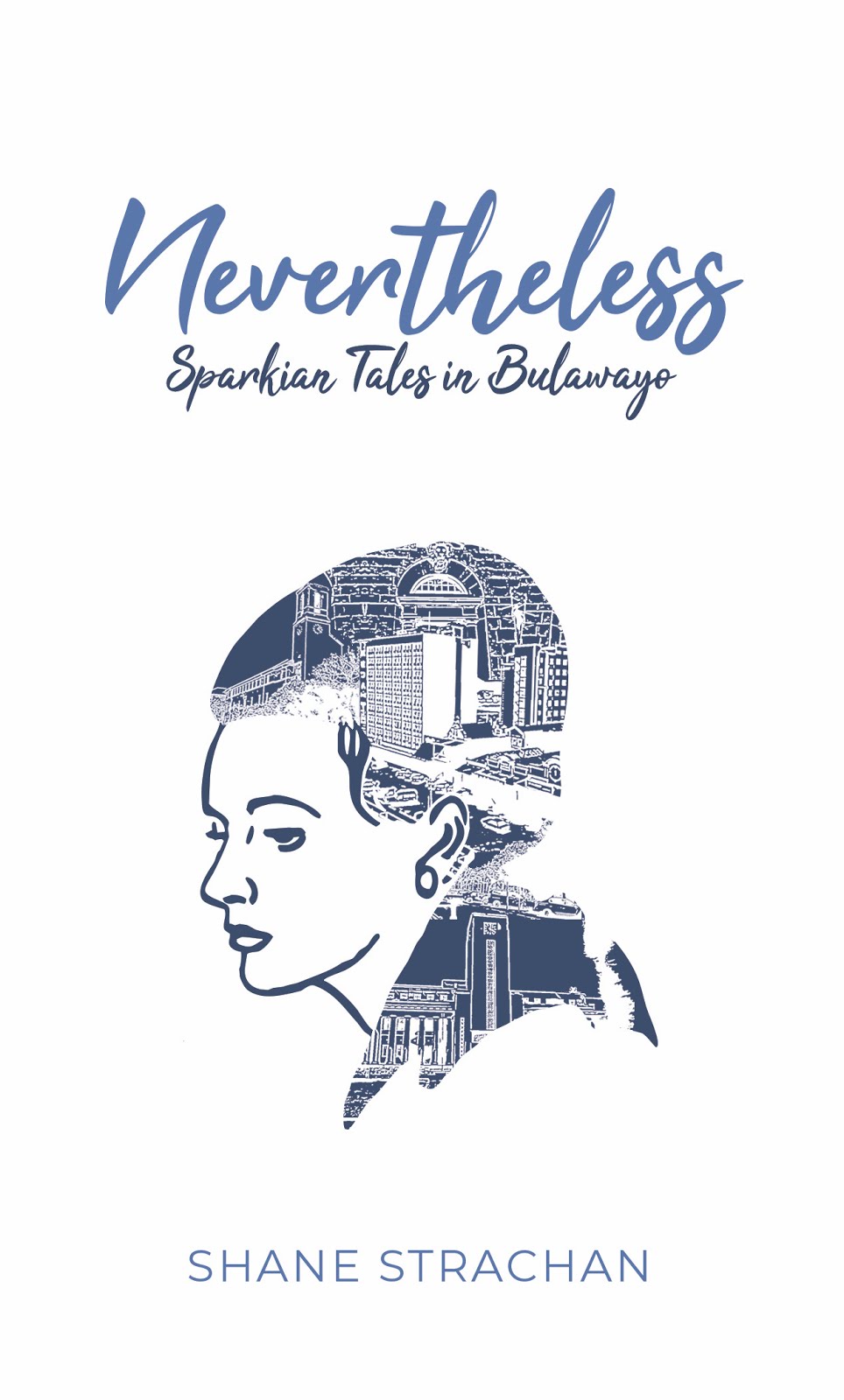





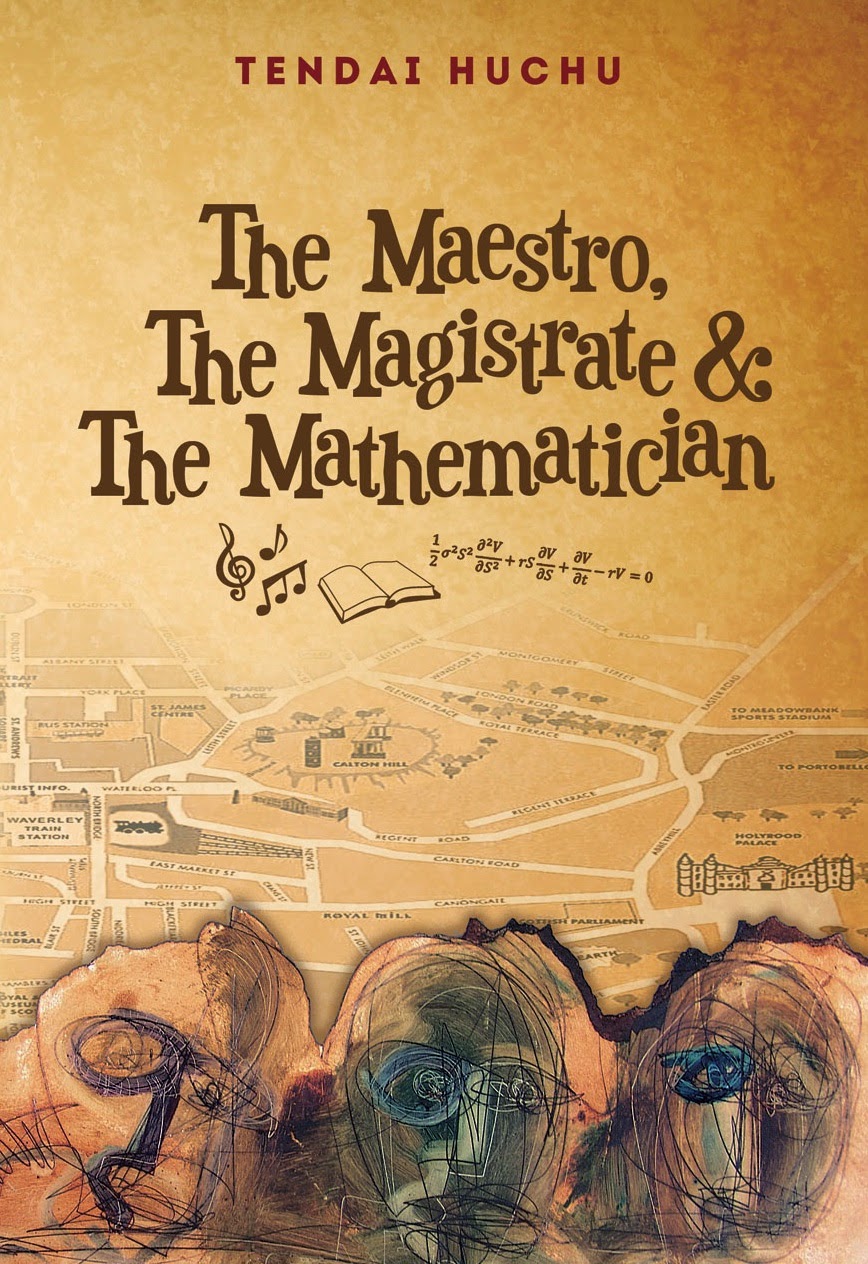
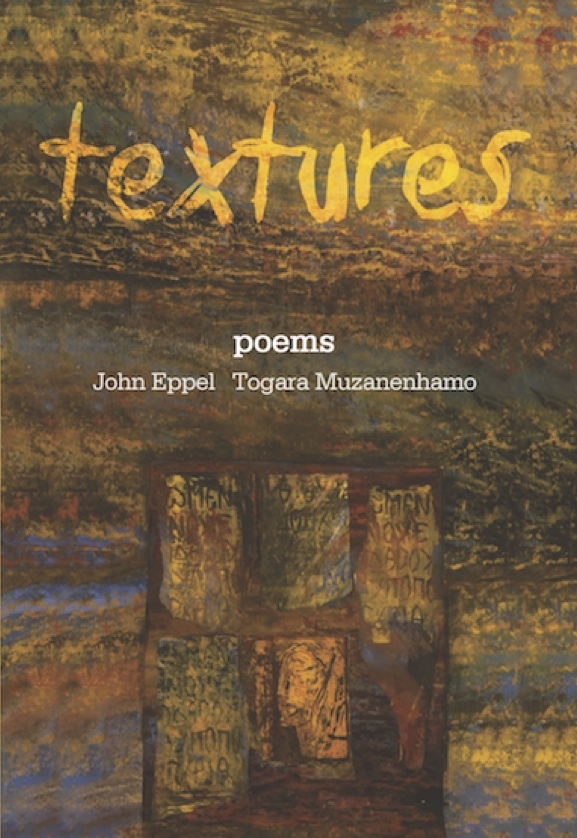
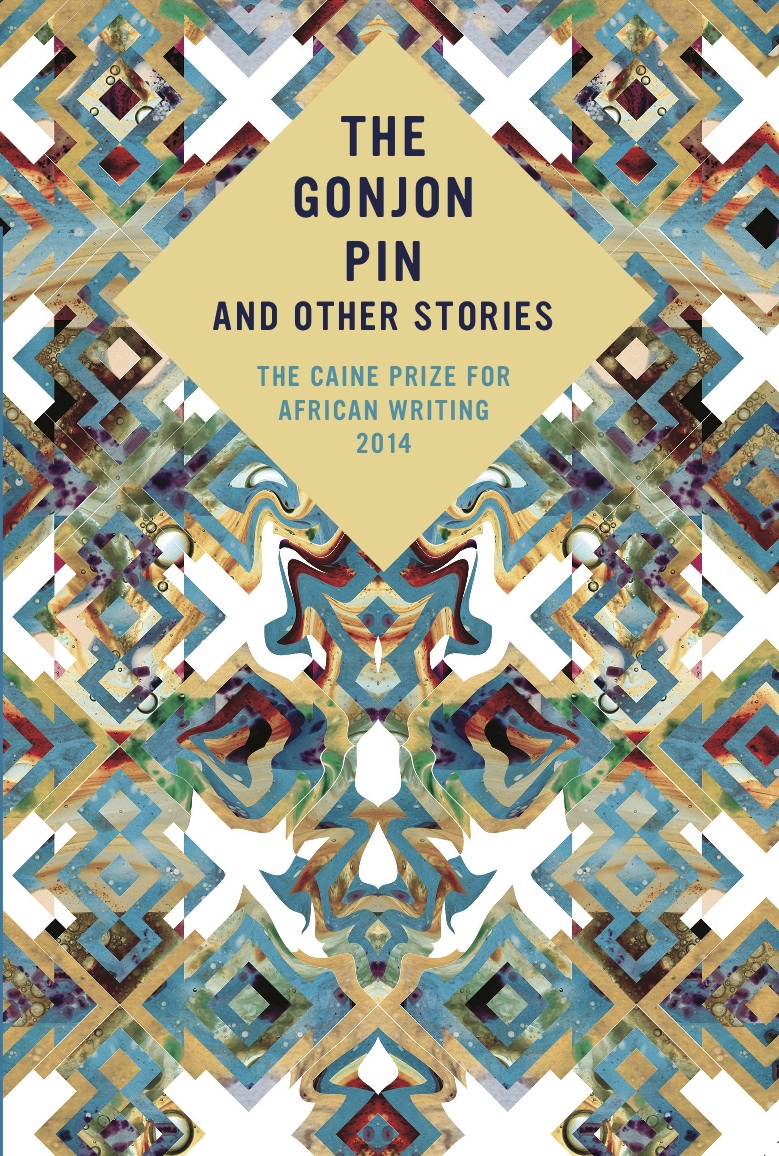
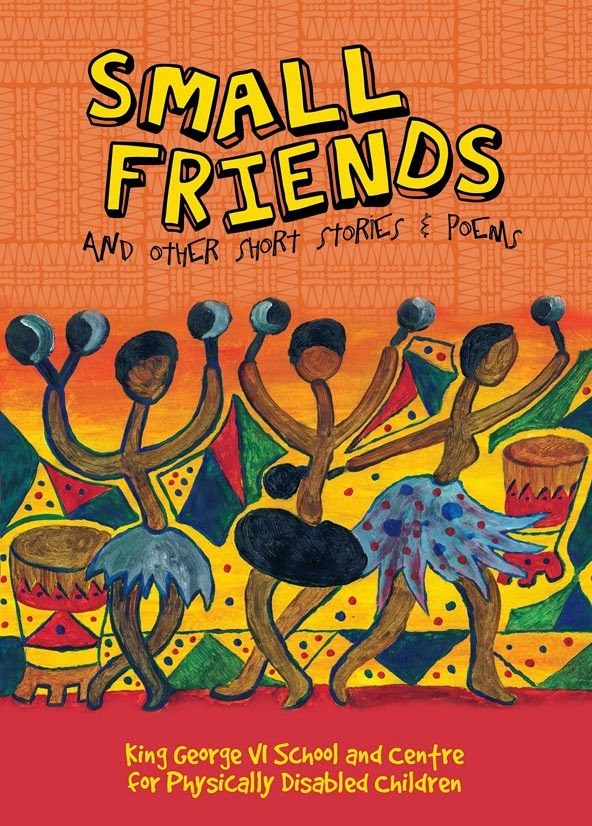
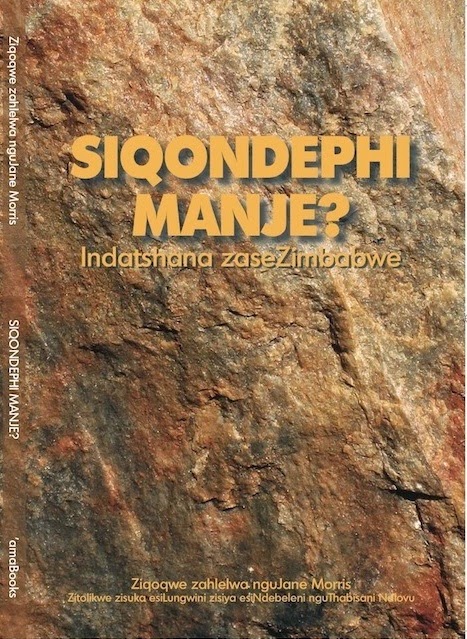
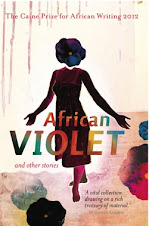

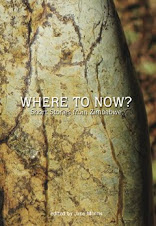
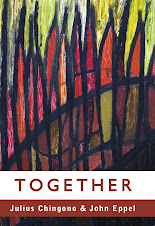
.jpg)

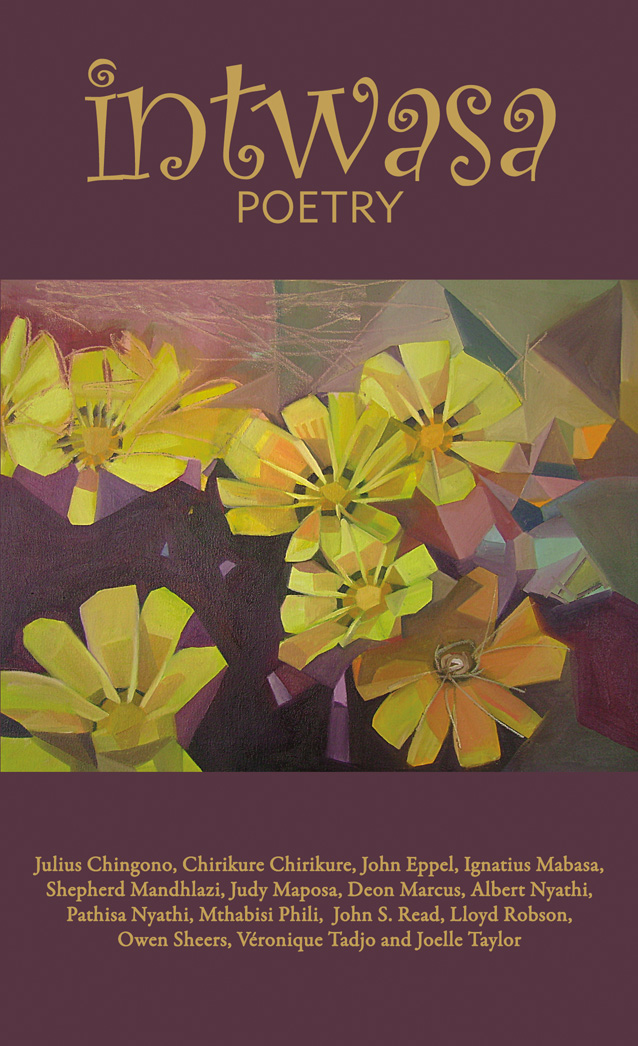


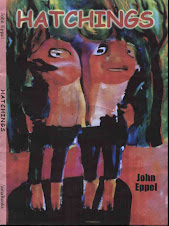













.jpg)











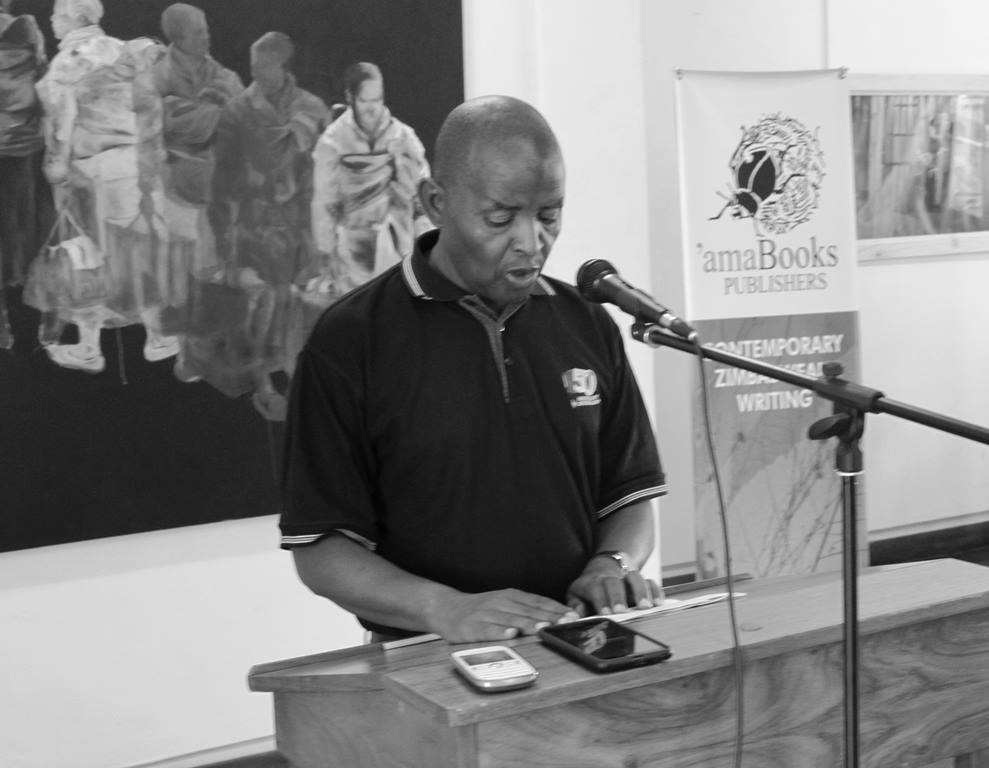






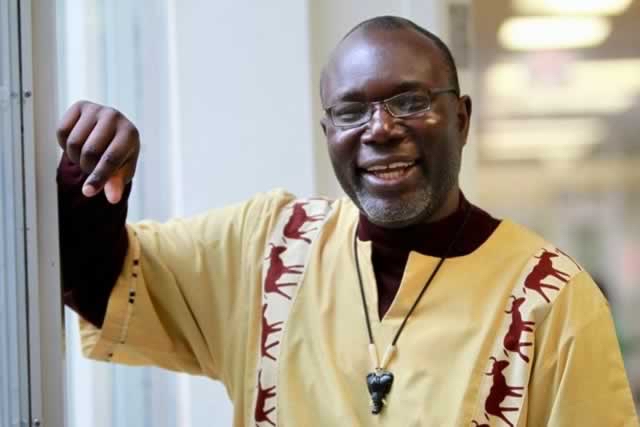









No comments:
Post a Comment